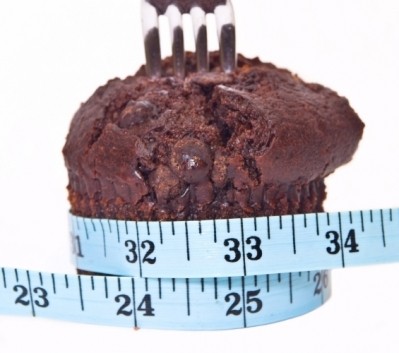Portion size science: There is still a lot we do not know, says review

The scientific review, published in Critical Reviews in Food Science and Nutrition, analysed the scientific evidence available on portion sizes, asking what exactly is already known about the influence of portion size on energy intake, and what additional information still needs to be established.
Written by Professor David Benton from Swansea University, the review notes that there is increasing evidence that the portion sizes of many foods have increased "and in a laboratory at least this increases the amount eaten." However, he said that such conclusions are limited by the complexity of the issue.
"There is a need to consider meals freely chosen over a prolonged period when a range of foods of different energy densities are available," said Benton. "A range of factors will influence the size of the portion size chosen: amongst others packaging, labelling, advertising and the unit size rather than portion size of the food item."
From the lab to the real word
Benton suggested that while it may be established in laboratory settings that larger portion sizes lead to increased food intake; the way that portion size interacts with the 'multitude' of factors that determine food intake in a real world setting has not been established.
"The single most important objective is to establish the importance of portion size relative to the range of other variables that influence food intake," said the expert, who reiterated that laboratory findings linking increased portion size to higher food intake cannot be taken in to the real word.
"Although for many such a relationship appears very likely it should be remembered that the association has not been demonstrated," he said. "There is an urgent need for intervention studies that show that changing portion sizes reduce weight in those consuming a freely chosen diet, rather than in those in a laboratory situation that prescribes or limits the nature of consumption."
"Without such data we cannot be sure that the response to portion size is more than a laboratory phenomenon of limited practical significance."
Benton added that the findings from the review highlight the complexities surrounding the UK Government's Public Health Responsibility Deal's call for reduced portion sizes as a way of obtaining reductions in caloric intakes.
He warned that concerns about portion size need to be part of a multi-faceted approach to the topic, suggesting that it is 'unlikely' that any single change is going to have a significant impact.




















